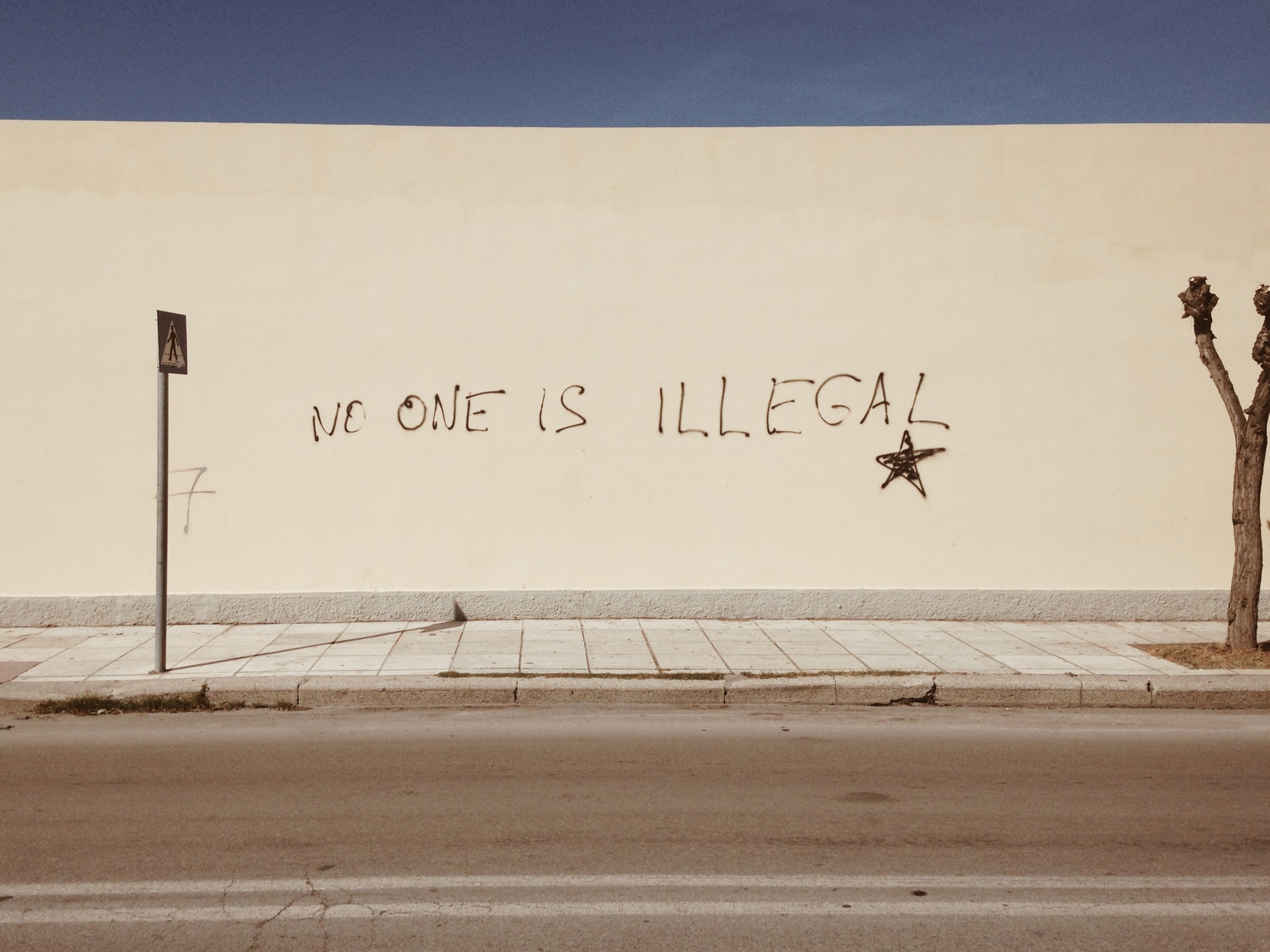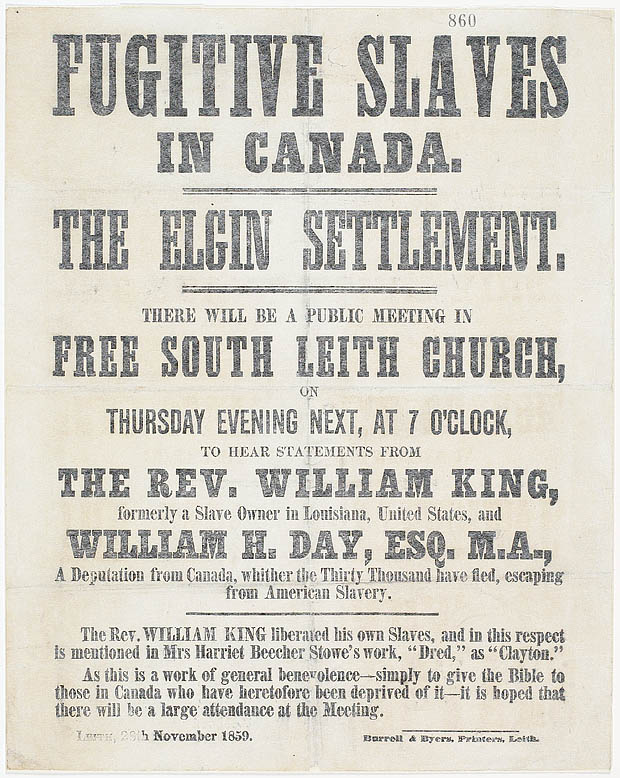Canada: The Apartheid State 2021



Is it difficult to imagine Canada as an Apartheid State?
It has happened before and it is happening again today. This time in the name of “Vaccine Passports”.
A huge percentage of the voting public are so frightened after 17 months of fear-inducing mainstream media they are ready to enshrine apartheid into Canadian law and cast their vote for the first politicians to promise it.
Politicians are happy to oblige — votes are at stake, after all! The federal and some provincial governments are at work deploying the necessary technology. Politicians and lobbyists are scribbling new laws to punish Canadians who resist getting a Covid-19 vaccine.
It is not surprising that over-reaching governments are plotting ways to expand their reach. That is their nature. I am surprised, however, to see so many Canadians supporting segregationist ideas. Perhaps we have not learned the lessons Canada’s past is prepared to teach us?
The arguments used by advocates of apartheid are not surprising.
“It’s for everyone’s safety”, they say. But any thinking person knows the existence of antibody tests and wonders why talk of immunity (earned by direct exposure to virus) is so adamantly shunned. If safety were the goal, then it would follow that our CBC would publish running totals showing successful treatment regimens and the number of people who have contracted and survived Covid-19 alongside those who have been vaccinated. But the political discussion in Canada excludes all mention of immunity earned by direct exposure to coronavirus. (Perhaps immunity works differently in Canada?)
"It’s an incentive for more people to get a vaccine”, they say. Admitting the carrot is a carrot and the stick is a stick is the most honest of arguments. The motives vary, however. For some, profit is the obvious goal; for others, more vaccination means more safety (real or perceived); and some people just want to get back to normal and believe their government has moved the goalposts for the last time.
Sometimes, apartheid advocates try to appeal to the fundamental freedoms in Canada’s Charter. “It's a private business on private property — the owner can deny entry to whomever they like”, they argue. This is oddly spoken as if by a true libertarian! But property rights are not the presupposition of the claim. Simply ask: “Can the owner of private property rule that vaccinated people are not allowed?” It becomes clear the argument does not mean a property owner can operate their business as they please; instead, “a property owner can operate their business how *we* please”.
Critics of such laws are predictably labelled “anti-vax”. Never mind concerns about bodily autonomy. Never mind the stance against mandatory vaccines is not at all controversial — in fact, the First and Second and Third and Fourth Geneva Conventions, as well as the Nuremburg Code, the United Nations Declaration of Human Rights, the Canadian Charter of Rights & Freedoms, and even Canada's Quarantine Act of 2005, all of those careful and thoughtful documents prohibit a government (or any entity) from imposing medical procedures upon citizens — whether by force or coercion.
Nonetheless, the ‘anti-vax’ label is the first stone cast and has the effect of shutting down reasonable dialogue among moderates. The remaining voices, those with enough conviction to encourage dialogue, raise points most reasonable Canadians could (and would if given adequate attention) agree with. What follows is one such cautionary position.
Segregation in Canada: A Brief History
Only in Canada’s darkest moments has its governments contemplated segregation of its citizens — and only among the most egregious skeletons in Canada’s closet has it happened. But it has happened.
A full recount would take volumes, so with brevity in mind let us review just a few of the errors of Canada’s former governments (and their voters).
In the mid-19th century, segregation reared its head in Toronto. By that time, the Underground Railroad existed and it had helped thousands of fugitives escape slavery in the American South. When USA signed into law the Fugitive Slave Act of 1850, waves of fugitives fled northward into Upper Canada. (The Fugitive Slave Act was the document stating that refugees from enslavement living in northern states could be returned to enslavement in the South if captured.)
Canadians like to celebrate the part they played in the Underground Railroad, but they forget the Railroad was not condoned by the leftist governments of the day. Just the opposite, in fact, hence the term ‘Underground’. The smuggling of fugitives into Upper Canada was largely facilitated by Christian Churches such as the Free South Leith Church in modern day Buxton, Ontario.

In 1850, in response to the influx of new immigrants from USA, elites in Upper Canada updated the Common School Act. Originally written in 1816, the Common School Act was amended under Egerton Ryerson’s tenure as Chief Superintendent of Education for Upper Canada. His amendments included the Separate School Clause that enabled the creation of schools for Catholics, Protestants, and “Blacks”.
Trustee Boards, such as Toronto’s Public School Board under the direction of Joseph Workman, used their newfound powers to alter electoral boundaries and secure new school sites (i.e., gerrymandering) to ensure the beneficiaries of the Underground Railroad (i.e., fugitives of slavery) would not encroach on the more prestigious schools in Upper Canada. Gerrymandering was not an accidental loophole in the Common School Act of 1850, it was the central reason for the amendments. And it should be noted that Egerton Ryerson successfully established many additional leftist policies including the Education Act of 1871 and the design of Canada’s Residential School system.
Then at the turn of the 20th century, Canada’s segregationist politicians banned black Americans from entering Canada and ended the Underground Railroad. This time, it was Liberal Prime Minister Wilfrid Laurier who advocated for and signed the Immigration Act of 1910. The document stated that government should prohibit the entry of immigrants "belonging to any race deemed unsuited to the climate or requirements of Canada, or of immigrants of any specified class, occupation or character." Then, with the new law in place, he wrote an Order-in-Council in 1911 to ban black Americans from entering Canada.
Segregation again occurred during the first World War. The Prime Minister Robert Borden created and signed a War Measures Act under which he issued the Proclamation Respecting Immigrants of German or Austro-Hungarian Nationality. (Tip: don’t let the word ‘respecting’ fool you.) Borden authorized the detention 8,579 men, 81 women, and 156 children. Their crimes? They had immigrated from Germany, Ukraine, Austria-Hungary, or they were outlaws due to being of an unfavourable religious sect (Quakers, Mennonites, Hutterites, and Doukhobors), or were “members of outlawed cultural and political associations”.
If that phraseology (“outlawed cultural and political associations”) needs explanation: it means the government of the day would imprison people who disagreed with them. The censure of political opposition (as celebrated by Justin Trudeau in 2021) is not a new feature of the establishment parties of Canada.
And that’s only part of the story of Borden’s application of his War Measures Act. In addition to the prison camps, apartheid-like policies were imposed upon 80,000 Canadians (mostly Ukrainian immigrants) who were obliged to register as “enemy aliens” during the war. As if on parole, they had to report regularly to the police and were subject to limits upon their freedoms of speech, movement, and association.
Then again during World War II, under the Liberal Prime Minister Mackenzie King, Canada’s government engaged in the forcible expulsion and confinement of Japanese immigrants. Beginning the 24th of February, 1942, ~20,000 Japanese Canadians were stripped of their property and exiled to remote areas of British Columbia and elsewhere. (Note, eventually the Conservative Prime Minister Brian Mulroney, on behalf of Canada’s Federal Government, formally apologized and arranged redress payments and reparations for the survivors.)
That is a story most Canadians have learned, but the Japanese Canadians were not the only victims of Mackenzie King’s internment policy. Approximately 12,000 more were interned who had immigrated from Germany or Italy or practiced religion or politics in a way the Liberal government didn’t like: Jews, Hutterites, Mennonites, and citizens who spoke publicly against Mackenzie King’s policies.
There was precious little evidence of any actual risk — those prisoners of war were punished for having (or suspected of having) politically incorrect thoughts. It should be noted that past segregationists in Canada have always put forward protectionist arguments to justify their preferred policies. “We must detain all Japanese Canadians because some might be spies; it is for everyone’s safety.” “We must detain Hutterites because some have dangerous ideas; it is for everyone’s safety.” (I am paraphrasing of course.)
And in 2021: “We must segregate the unvaccinated, some of them may be spreaders (ominous tone); it is for everyone’s safety”.
And while “safety” is the oft-cited rationale, never have the segregationist governments (Liberals mostly, as it happens) performed an honest risk-calculation, nor have they performed an honest review of sensible alternatives. Instead, the political path of least resistance is:
Step 1) use broadcast media and ever-changing, arbitrary rules to induce a fear response and a sense of urgency en masse,
Step 2) vilify a group of people (never the voter base of the party in power, mind you, always the political opponent)
Step 3) wait until a sufficient number of people demand the government “do something!”
That plot almost writes itself. I am reminded of the salient points recently published by Zuby:
When sufficiently frightened, most people will not only accept authoritarianism, but demand it.
…
Most people value safety and security more than freedom and liberty, even if said “safety” is merely an illusion.
…
Most people care more about looking like they are doing the right thing, rather than actually doing the right thing.
And so it comes to pass, in recent days (it’s July 2021 as I write this), Canadians have witnessed unprecedented rhetoric around the topic of state sponsored segregation and Canadians of all stripes are taking sides and reaching for their pitch forks.
Just today, I witnessed three conflicts I never thought I would see in Canada:
Exhibit A: A man with two children sat at an outdoor picnic table. A lady sitting nearby accosted them loudly while her husband approached as if to intimidate the young family. “It’s people like you!” (and so on), I could hear. The man and children were not wearing masks. (Note: no law requires masks outdoors in this region.) It was not clear whether the couple were annoyed that untold rules were being broken or if they felt at risk of Covid-19 exposure (though they were a few meters away).
Exhibit B: A family sitting on the patio at a restaurant was approached by an employee and asked their name and phone number. “Contact-tracing” was the reason given by the employee. The mother, visibly upset – perhaps fed up? – asked the employee a few questions: What will be done with that information? How is that information secured and kept private in your restaurant? Who, precisely, has access to that information? (Despite she was not in a reasonable mood, those questions are exceedingly reasonable.) A regrettable confrontation between two otherwise well-meaning people. Note: prior to April 2020, the employee’s questions could render harassment charges and various violations of hard-fought privacy legislation.
Exhibit C: A man entered a bicycle shop without a mask. The store manager confronted the man who explained he had a disability and could not wear a mask. (Did he have a real disability? How would I know and who am I to judge?) The manager would not relent but eventually an accord was reached: the man went outside and a salesman ferried a selection of bikes and equipment for his choosing — “curbside”.
In light of the segregationists’ authoritarian tendencies, and for any reader who appreciates empiricism (i.e., the notion that we can make decisions based on facts) we must look deeper than sensational headlines and instead seek to differentiate perceived risk from actual risk.
If current governments were interested in an honest risk calculation and an honest review of policy alternatives, then it bears repeating that natural immunity to coronavirus is real (despite a concerted campaign to discredit the truth), antibody tests exist and are approved in Canada, and vaccines are one part of the larger strategy.
The conflicts I witnessed today, and recounted above, were among people who likely will not contract Covid-19 at all (at least, not today given so few known cases in the region). And by some miracle they were to contract Covid-19, statistically speaking they would suffer a few days with chest congestion and general fatigue and then recover without complication. Upon their recovery, they would join the ranks of Canadians with improved immunity to all forms of coronavirus.
It should be noted the aforementioned conflicts I witnessed occurred in London, Ontario. Given current estimates, roughly 25 people in the region have had a positive test in the past 4 weeks (6.6 positive tests per 100,000 people). Given the age distribution of the known cases, they each have ~99.4% probability of surviving. many of those won’t notice even a single symptom, and of those who have symptoms roughly 70% will recover without hospitalization. (Based on CDC estimates.) This region has suffered 4 deaths with Covid-19 in the past month and all were over 70 years of age, they lived in long-term care facilities or hospice, and also had severe unrelated illnesses.
Let’s not disrespect those who have died — but let’s also not disrespect the fact that risk is not uniform across all categories of people and all regions in the country. So, with respect to risk calculation, we are rapidly approaching four important conditions:
Near zero (or maybe zero!) people in the region are carrying Covid-19;
A vast majority have naturally developed antibodies and/or have been fully vaccinated;
Our ability to detect and treat the virus has increased dramatically;
The fatalities that do occur are increasingly among people who suffer terminal illness or severe conditions from which they cannot be saved.
Segregationists willfully ignore those truths — we can expect that behaviour of shills and lobbyists. But I hope most Canadians will remember those truths and perhaps remind others.
Civil conversation and debate is needed now, if ever. Those truths make obvious there are few, if any, public health benefits of vaccine passports. Segregationist policies deal more with perceived risk than actual risk — as is the case throughout Canada's history. So, the upside of vaccine passports appears to be mostly political.
So, why should Canadians, especially those currently in favour of vaccine passports, be concerned about medical apartheid?
First, because it is important to notice how little debate has happened among elected representatives on the matter. Such policies are being pushed into law without due Parliamentary process and with freakish amounts of targeted, state sponsored media messaging and strict censorship. If those facts do not worry you, then perhaps admit your preference for authoritarian government and own it.
Second, because without said debate, the laws written today are likely to be ill-conceived and therefore fraught with unintended consequences. Sure, the segregationists use the phrase “we are on the right side of history” and they make claims that vaccine passports can be implemented in an “ethical” way (claims made by every genocidal, segregationist despot) but history teaches that these sorts of policies paint a mosaic of national disgrace, not progress.
And third, it is always important to limit the powers of government. As segregationist policies are written into law today the legal precedent is set and therefore available to all Canada’s future governments. Even if your party of preference is currently in control, are you sure you trust the next government? And the next?
Sources, in order of appearance:
The Ryerson Eye Opener: Egerton Ryerson Helped Create the Residential School System
Blacklocks Reporter: Trudeau Government Will Censor Political Taunts
The Canadian Encyclopedia: Racial Segregation of Black People in Canada
Library and Archives Canada: Japanese Canadians — Redress Campaign
AIER: Why Is There Such Reluctance to Discuss Natural Immunity
Health Canada: Medical Devices, Testing, Serological Information for Patients


